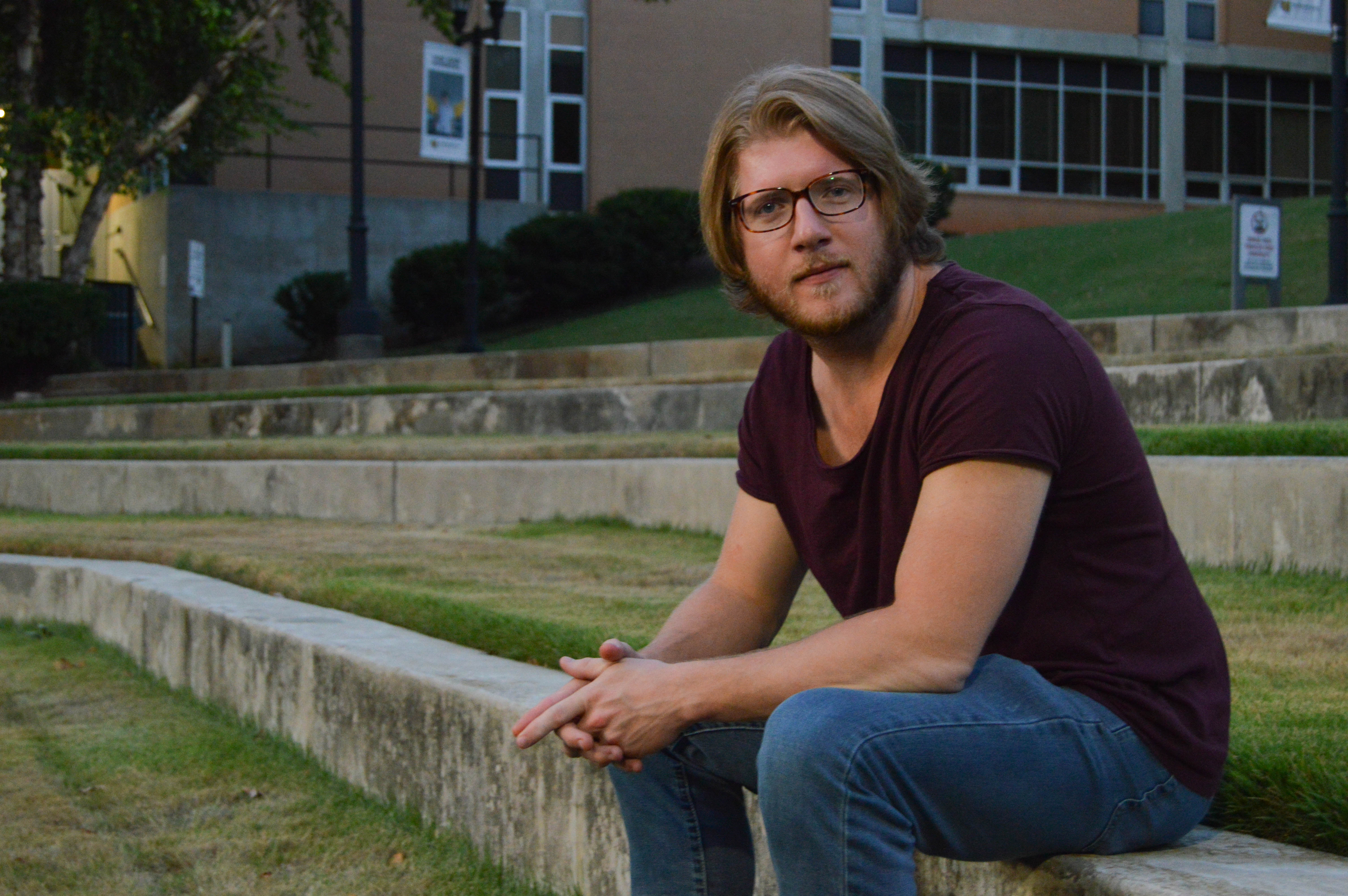LAWNDALE, N.C. _ Dawn Loggins returned from a prestigious academic camp last summer and discovered her parents had abandoned her.
So she did the only thing she knew. She adjusted.
She went to live with a friend’s mother. She took a part- time job as the custodian at her school, starting work at 6 a.m., two hours before classes began at Burns High. She carried toothpaste, toothbrush, shower soap and shampoo in her bag, because taking a shower was a matter of opportunity.
Federal studies estimate 1.4 million students in the United States are homeless. Officials at Burns High say about a half- dozen of their 1,100 students are without a home.
Studies show many homeless students drop out, sometimes turning to crime. A few make it to college.
Dawn Loggins is going to Harvard.
“There were a lot of things outside Dawn’s control,” says Robyn Putnam, a counselor at Burns High and one of many people who have tried to fill the gap left by parents who weren’t there. “But Dawn learned that succeeding in school was something she could control.”
With nothing less than an A-minus, Loggins, 18, has beaten the odds and will graduate Thursday with the other 300-plus seniors from her northern Cleveland County, N.C., high school.
Her story has attracted national attention. CNN plans to be at the graduation ceremonies at Gardner-Webb University.
But, Loggins says, “It’s not the end for me _ just another step.”
She has reached this point despite:
_Having to study by candlelight and by wearing an overcoat on nights when the power had been turned off at her family’s home.
_Dealing with the embarrassment of wearing the same dress to school several days in a row in middle school, going days without a shower,
and walking with her older brother to the town park with buckets, to get water from the public spigots.
_Moving from house to house, from school to school, frequently adjusting to new surroundings and classmates.
“This might seem strange,” she says, “but I love my parents. My mother, in her way, believes she did the best for us. My stepfather tried to support us. My grandmother taught me a lot.
“They meant well.”
She and her brother Shane, now 19, lived until Dawn was 12 with her grandmother in Catawba County, N.C. When she turned 12, Dawn’s mother and stepfather took over.
“As soon as that happened, we started moving around,” she says. “At first, things were good. My stepdad had a job, and the house was clean.”
But then, Loggins says, her stepfather lost his job. That started a cycle of problems, as the family moved from house to house, dealing with the utilities being cut off for non-payment, and then the evictions. She and Shane missed several months
of the 2009-10 academic year, before her mother finally enrolled her at Burns High in March 2010.
“She was behind, academically,” Putnam says. “She had to take classes online, but she caught up.”
Those online courses prevented Loggins from enrolling in Advanced Placement classes and earning extra academic points. It’s the reason she ranks about 10th in her senior class, despite having straight A’s.
During that sophomore
year, the family’s personal belongings were auctioned
off. That cost Loggins many of her childhood belongings, she says. But the junior year was one of achievement, capped by an appointment to Governor’s School last summer in Raleigh, N.C.
Putnam drove Loggins to the camp and brought her back home when it was finished. Loggins says she tried calling her parents near the end of camp, but their phone service had been cut off.
“When she returned,” Putnam says, “the parents were gone.”
Shane moved in with friends in Hickory, N.C., and will graduate this week from high school there, having received a college scholarship himself.
Dawn Loggins says she later learned her parents had moved to Tennessee. Initially, she stayed at friends’ houses, sleeping on their couches. But with the help of Putnam and others, Loggins found a temporary home with a friend’s mother, Sheryl Kolton, custodian at Burns Middle School.
“Sheryl gave me stability,” Loggins says. “Because of her, I could stay at Burns. There wasn’t the drama of another school change.”
Cornerstone Dental Office in Shelby, N.C., supplied Loggins with a lot of personal belongings, and others in the community stepped in.
So it was with college. Loggins was accepted at UNC Chapel Hill. But Carol Rose, a volunteer who had helped Loggins fill out college applications, asked her, “Why not aim high?”
Rose told her to try for Harvard. The acceptance letter arrived about two months ago. Accompanied by her boss, Burns High custodian Junie Barrett, she visited the Ivy League campus recently.
“I wondered how I’d be accepted, being homeless and from a rural area in North Carolina,” she says. “But everyone _ the students and faculty _ was great.”
Putnam says Harvard “won’t let Dawn Loggins fail. In some ways, she’s better off there than at a bigger public school.
She is grateful for the help from her community but says she wants to make it on her own.
“In my family, I saw people taking advantage of one another,” she says. “I don’t want to take advantage of anyone. I just want a chance to succeed. And I’ll have that at Harvard.”


